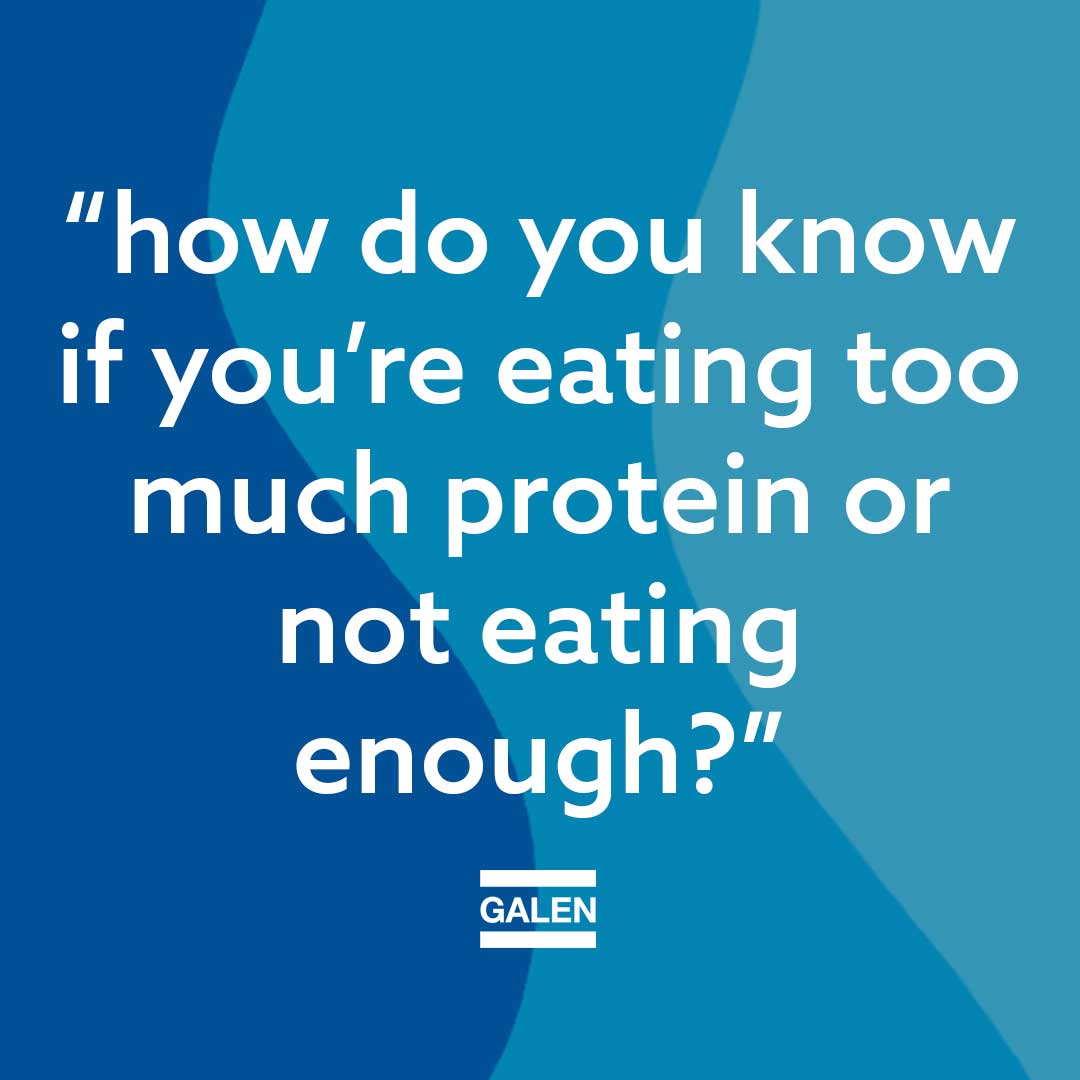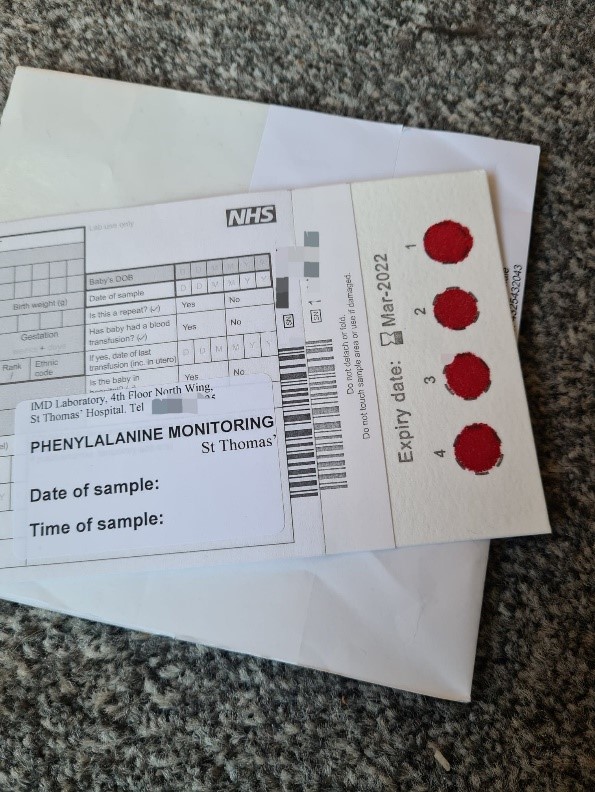PKU… It’s in the blood!

Hello everyone, my name is Clair Willcocks, I am 27 years old and I am Galen Medical Nutrition’s new PKU blogger. I am an adult with PKU and I was diagnosed with Classical PKU 8 days after birth. I am on 5 exchanges of protein a day and currently taking the PKU EASY Microtabs substitute 6 times a day.
I have talked before about what PKU is, how it affects those living with it and how it is not an allergy, despite it being centred around food. The difference being that having PKU doesn’t impact on our immune system but our metabolic system. This means that we don’t have any of the instant devastating effects of an allergy when eating high protein food. This sounds like a big plus as we all know allergic reactions can range anywhere from slight stomach issues to horrific consequences and even death, but in some ways having no instant reaction also comes at a great disadvantage. I imagine, that if I knew I would throw up every single time I had high protein food, then it would definitely put me off having it. The problem is, is that on the face of it, there doesn’t really seem to be any noticeable effects when I eat too much protein. When I had my first slice of ‘real’ pizza, I didn’t immediately throw up, pass out, turn green or see the heavens open and thunderbolts raining from the sky, I thought it just tasted really good.
So, reading this and you may well be questioning, if you can’t tell what happens when you eat protein and the diet clearly is very complicated, how do you know if you’re eating too much protein or not eating enough? Or the bigger question you may be asking is, how do you even know whether someone has PKU? Well, the answer comes from blood and the amount of Phenylalanine (Phe) within our blood. At birth, every baby in the majority of the world is given the heel prick test, created by Dr Robert Guthrie in 1960, the average non-PKU person has 120-360 µmol/L of Phenylalanine in their blood. When a newborn baby with PKU is diagnosed, they can have anywhere up to 3000+ µmol/L of Phenylalanine in their blood, which of course is far too high. Following the results of this test, treatment for PKU will begin immediately from birth, so the brain has the best possible chance of developing.

We then need to keep a check of this blood level throughout our lives, the current EU guidelines recommend that the Phe blood levels for adults should be around 120-600 µmol/L for the person to be as healthy as possible. From birth to adulthood, both the parents of the PKU child and then as they grow up, the person with PKU has to do a monthly blood spot test. Once a month we have to prick our thumbs, put the blood on the spot collection sheet (pictured above) and then send it to the clinic via post. We then get an email or a call a few days later informing us of our blood levels and if they are higher or lower than the guideline, our metabolic team then help us make any changes to our diets where necessary.
Although those who have high blood levels may not feel the effects instantly, if we do not keep our blood levels down, then too much Phenylalanine can get into our brain, which does cause permanent brain damage. It’s why sticking to the diet as best as possible is not only incredibly important during childhood, when the brain and body are developing but also it is still vitally important during adulthood, so we can function and thrive as best as possible while doing normal things such as having a job, going to university, being with friends and family etc.
However, just because there being no instantaneous symptoms to high Phe levels, it doesn’t mean that they are not there, and that damage isn’t being done. It’s just that they are not the obvious symptoms we know of when we think of food issues and the symptoms can be different every time. For me for example, they can range from having a simple headache, to feeling foggy headed, to the more extreme responses like getting shakes in my hands, huge emotional outbursts and slurred speech. Because of all these complications, it means that the symptoms can be very easily confused or written off for something else, not having enough sleep, not drinking enough water, stress, PMS, just having a bad day etc.
With the physical symptoms sometimes being extremely hard to decipher, it means that going off diet can be a slippery slope. I was finding that if I had the odd doughnut here or a pizza there nothing bad seemed to happen to me, so I thought that maybe I was getting away with it. What I didn’t realise was the long-term effects that were happening to my brain and that it was affecting me in the short term. I was getting more emotional, finding it harder to concentrate, feeling foggy headed constantly and many other things that I didn’t necessarily connect with PKU at the time.
As we cannot rely on our bodies to inform us what’s good and what’s bad for us, that’s where the blood levels should hopefully come into play, the physical hard concrete evidence of what is happening to our blood when we eat protein. We have the guide levels there so we can live without the horrible symptoms of high Phe. It’s how our metabolic clinics can see what is happening with our diets and that if the blood levels are consistently too high, it means action needs to be taken.
Knowing how hard it is, as an adult living with PKU, to keep track of both of my blood levels and the symptoms, it made me wonder how hard it must have been for my parents growing up. I wondered, how could they tell the difference between a grumpy toddler in their ‘terrible twos’ and a toddler with high blood levels? How did they find taking blood from their baby girl? I will be exploring that in my next blog!
< Back to Blog
